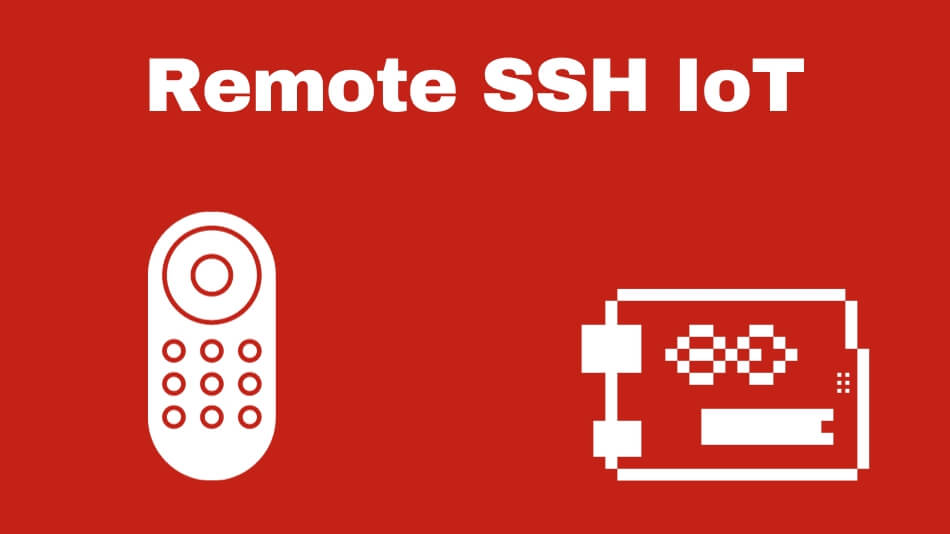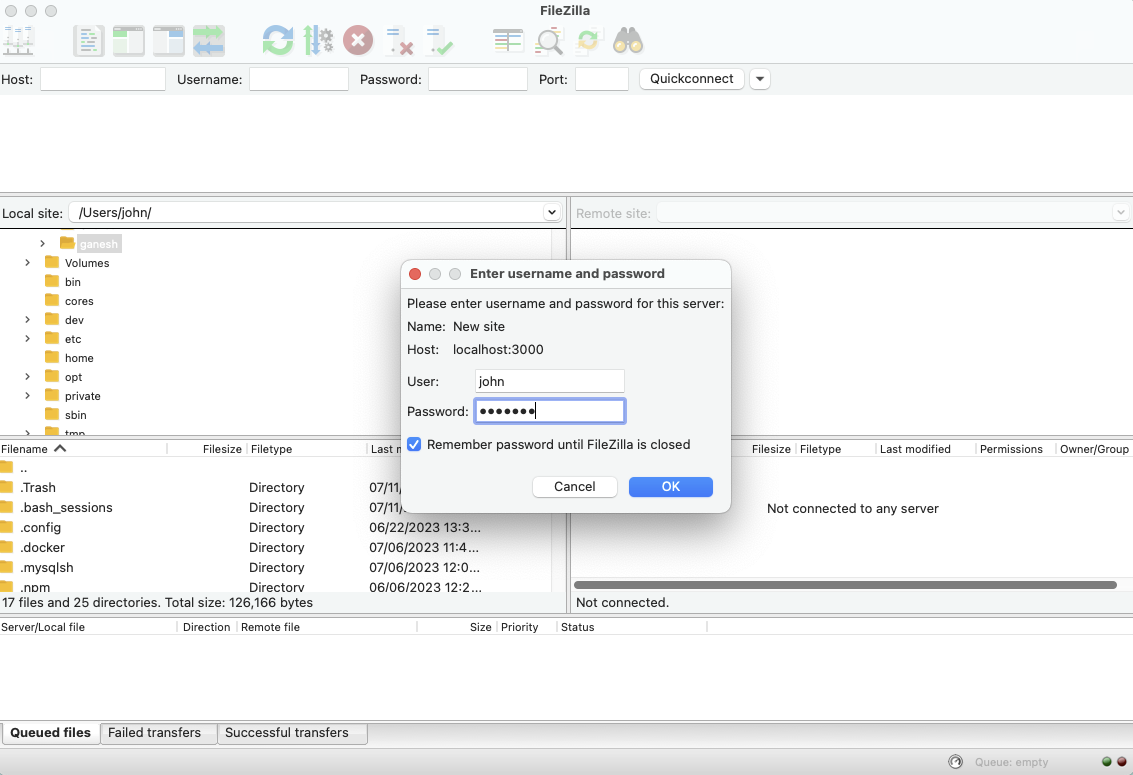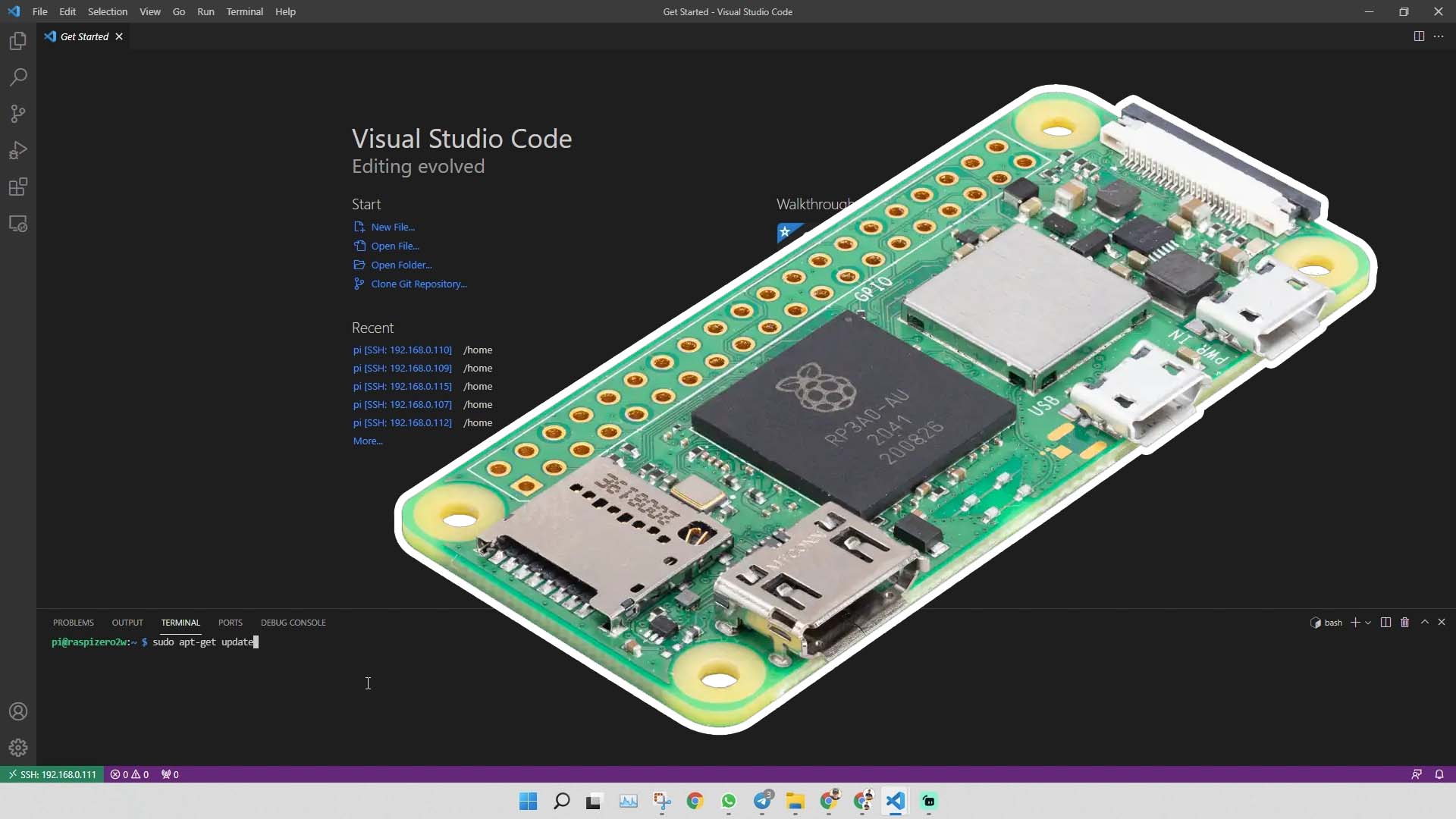Let’s cut straight to the chase, shall we? If you’re looking for the best SSH remote IoT device, you’ve landed on the right page. In today’s tech-driven world, IoT devices are becoming a staple in both homes and businesses. But here’s the thing—security is king. And when it comes to securing your IoT setup, SSH is the go-to protocol for ensuring your data stays safe.
Now, before we dive deep into the nitty-gritty of what makes an IoT device truly secure, let’s face it—there’s a lot of noise out there. You’ve probably come across dozens of articles and reviews claiming to have the ultimate solution. But trust me, not all SSH remote IoT devices are created equal. That’s where this guide comes in. We’re here to break it down for you, so you don’t waste time or money.
Whether you’re a tech enthusiast, a small business owner, or someone who just wants to keep their smart home secure, understanding the best SSH remote IoT device is crucial. And no, I’m not going to bore you with technical jargon. This guide is all about making things simple, actionable, and, most importantly, secure.
Read also:Damian Hardung The Rising Star Whorsquos Turning Heads
Why SSH Remote IoT Device Matters
Alright, let’s talk about the elephant in the room—why does an SSH remote IoT device even matter? Well, here’s the deal. IoT devices are super cool. They make life easier, automate tasks, and give us control over pretty much everything from our phones. But here’s the catch—they’re also vulnerable. Hackers love exploiting unsecured devices, and if you’re not careful, your smart fridge could end up being part of a botnet.
SSH, or Secure Shell, is like a digital bodyguard for your IoT devices. It encrypts your data, ensures secure communication between devices, and gives you remote access without compromising security. So, if you want to manage your IoT devices from anywhere in the world, having the best SSH remote IoT device is a no-brainer.
Here’s a quick breakdown of why SSH matters:
- Encryption ensures your data stays private.
- Authentication prevents unauthorized access.
- Remote access lets you control your devices from anywhere.
- It’s a widely used protocol, meaning it’s well-tested and reliable.
Key Features of the Best SSH Remote IoT Device
When it comes to choosing the best SSH remote IoT device, there are a few key features you should look out for. These aren’t just nice-to-haves—they’re deal-breakers. Let’s break ‘em down:
1. Security Features
Security is the name of the game here. Look for devices that offer:
- End-to-end encryption
- Two-factor authentication
- Regular firmware updates
Why? Because these features ensure that even if someone tries to hack into your device, they won’t get far. Plus, firmware updates mean you’re always protected against the latest threats.
Read also:Vivienne Joliepitt The Untold Story Of An Iconic Figure
2. Compatibility
Let’s be real—your IoT setup probably includes a mix of devices from different manufacturers. That’s why compatibility is crucial. The best SSH remote IoT device should work seamlessly with:
- Linux-based systems
- Windows and macOS
- Popular IoT platforms like AWS IoT and Google Cloud IoT
Think of it as the universal adapter for your digital life.
3. Ease of Use
No one has time for complicated setups. The best SSH remote IoT device should be easy to install and configure. Look for devices that come with:
- User-friendly interfaces
- Comprehensive documentation
- Support for popular SSH clients
You don’t need to be a tech wizard to set up your IoT devices securely.
Top SSH Remote IoT Devices in 2023
Now that we’ve covered what to look for, let’s talk about some of the top SSH remote IoT devices available in 2023. These devices have been tested, reviewed, and approved by experts in the field. So, without further ado, here’s the lineup:
1. Raspberry Pi with Pi-Hole
The Raspberry Pi is a fan favorite for a reason. When paired with Pi-Hole, it becomes a powerhouse for secure IoT connectivity. Here’s why:
- Cost-effective and versatile
- Supports a wide range of SSH clients
- Perfect for home users and small businesses
2. ESP32 with Secure Firmware
If you’re looking for something more compact, the ESP32 is a great option. With secure firmware, it’s a reliable choice for IoT projects. Key features include:
- Low power consumption
- Support for Wi-Fi and Bluetooth
- Easy integration with cloud platforms
3. BeagleBone Black
The BeagleBone Black is another powerhouse in the IoT world. It’s perfect for those who need a bit more processing power. Here’s what makes it stand out:
- Robust hardware specs
- Support for multiple operating systems
- Great for industrial applications
How to Choose the Right SSH Remote IoT Device
Picking the right SSH remote IoT device can feel overwhelming, especially with so many options on the market. But don’t worry—I’ve got you covered. Here’s a step-by-step guide to help you make the right choice:
1. Assess Your Needs
Before you start shopping, take a moment to assess your needs. Ask yourself:
- What devices do I want to connect?
- What level of security do I need?
- How much am I willing to spend?
These questions will help narrow down your options.
2. Read Reviews
Reviews are your best friend when it comes to choosing the right device. Look for reviews from real users, not just marketing fluff. Pay attention to:
- Security features
- Ease of use
- Customer support
3. Check Compatibility
Make sure the device you choose is compatible with your existing setup. Nothing’s worse than buying a device only to find out it doesn’t work with your other tech.
Setting Up Your SSH Remote IoT Device
Once you’ve chosen your device, it’s time to set it up. Here’s a quick guide to get you started:
1. Install the Necessary Software
Most SSH remote IoT devices come with pre-installed software, but you may need to update it. Follow the manufacturer’s instructions to install the latest firmware.
2. Configure SSH
SSH configuration is crucial for secure communication. Make sure to:
- Set up strong passwords
- Enable two-factor authentication
- Use a non-standard port if possible
3. Test Your Connection
Before you go live, test your connection to ensure everything’s working as it should. This will save you a lot of headaches down the line.
Common Challenges and Solutions
Even the best SSH remote IoT device can come with its fair share of challenges. Here are some common issues and how to solve them:
1. Connection Issues
If you’re having trouble connecting, check:
- Your network settings
- Firewall rules
- SSH port configuration
2. Security Breaches
If you suspect a security breach, take immediate action. Change your passwords, update your firmware, and consider adding an extra layer of security like a hardware security module.
Future Trends in SSH Remote IoT Devices
Technology is always evolving, and the world of SSH remote IoT devices is no exception. Here are some trends to watch out for:
1. AI Integration
AI is becoming a key player in IoT security. Look for devices that incorporate AI for threat detection and response.
2. Quantum Computing
Quantum computing is set to revolutionize encryption. While it’s still in its early stages, keep an eye on how it impacts SSH protocols.
3. Edge Computing
Edge computing allows for faster processing and reduced latency. As more devices move to the edge, expect to see more SSH remote IoT devices with edge capabilities.
Conclusion: Secure Your IoT Future
So, there you have it—the ultimate guide to the best SSH remote IoT device. Whether you’re a tech enthusiast, a small business owner, or just someone who wants to keep their smart home secure, choosing the right device is crucial. Remember, security isn’t just about protecting your data—it’s about protecting your life.
Before you go, I’d love to hear from you. What’s your favorite SSH remote IoT device? Have you encountered any challenges with your setup? Leave a comment below and let’s keep the conversation going. And don’t forget to share this article with your friends and colleagues—it could save them a lot of trouble down the line.
Stay safe, stay secure, and happy hacking!
Table of Contents
- Why SSH Remote IoT Device Matters
- Key Features of the Best SSH Remote IoT Device
- Top SSH Remote IoT Devices in 2023
- How to Choose the Right SSH Remote IoT Device
- Setting Up Your SSH Remote IoT Device
- Common Challenges and Solutions
- Future Trends in SSH Remote IoT Devices
- Conclusion: Secure Your IoT Future



